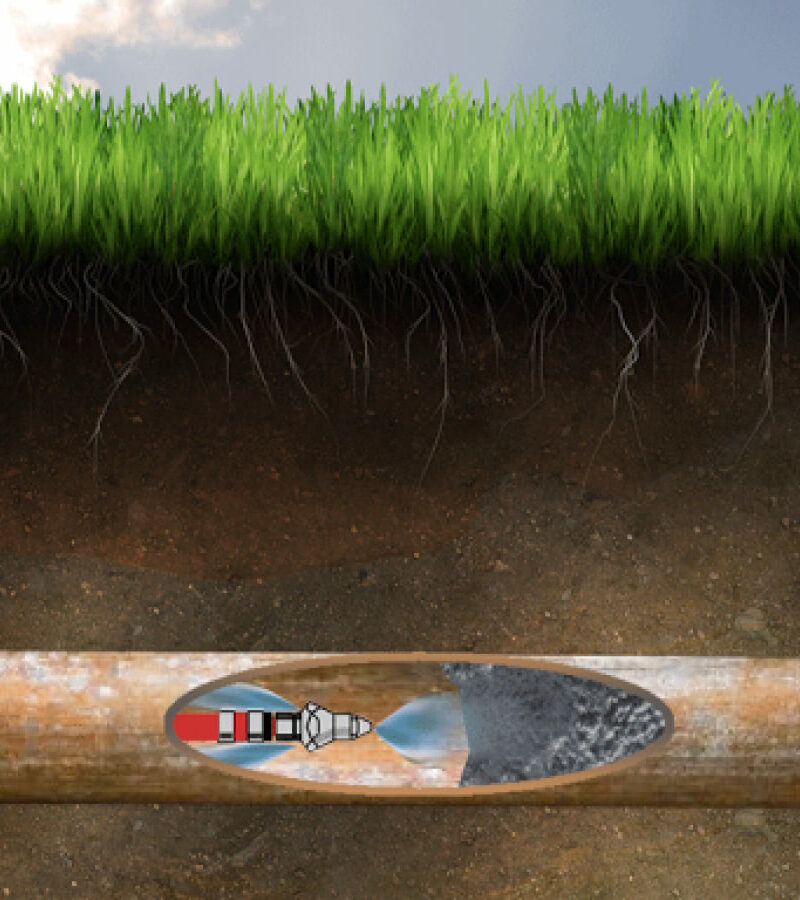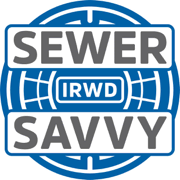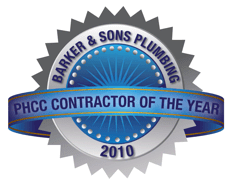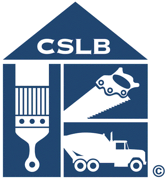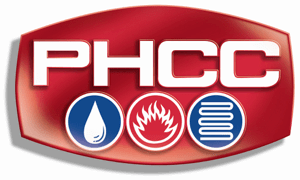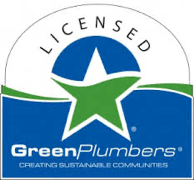
Glossary
Plumbing Glossary
A
“A” valve – manual valve used to shut off the gas.
Access panel – opening in the wall or ceiling that allows a plumber / serviceman to access fixtures behind it.
Adaptor – fitting that allows pipes of different sizes or materials to be fit together.
Aerator – device screwed onto the end of a faucet that mixes air in with water, helping control the flow and reducing splashing. It can be used with a baffle to reduce water flow down to 2.5 gpm.
B
Backflow – the flow of water backwards into the pipes instead of out where it’s supposed to go. Backflow is often caused by water being siphoned back into a pipe by negative pressure.
Backflow preventer – device used to prevent backflow. It is usually used in things like sprinkler systems, handheld showers, kitchen sprayers and anywhere where dirty water could get into a potable water supply.
Back pressure – pressure that resists the flow of water through a plumbing system.
Back siphonage – negative pressure that results in backflow.
C
Catch basin – large underground container covered by a grate and used to collect stormwater run-off. It also traps dirt and debris to prevent them from polluting lakes and streams.
Check valve – one-way valve installed in a pipe to act as a backflow preventer.
Closet – another name for a toilet.
Closet auger – type of plumbing snake used to remove clogs from the toilet’s trap.
D
Diaphragm – flexible membrane in a valve that deflects downward onto a firm area of the valve body and regulates the flow of water from the supply lines, eliminating debris buildup in and around the valve.
Dip tube – tube inside a water heater that sends cold water down to the bottom of the tank.
Discharge tube – tube that connects a disposer or sump pump to a drain line.
Diverter – valves used in showers, tubs, bidets, sinks, etc. to direct water to the various outlets.
E
Earthquake strap – metal strap designed to secure the water heater to the house’s frame or foundation.
Efficiency – percentage of input energy converted to output.
Effluent – liquid waste in the septic system.
Escutcheon – metal trim shield beneath a faucet handle designed to hide the faucet stem and hole in the sink or wall.
F
Female fitting – fitting end into which another fitting is inserted.
Finish plumbing – installation of the plumbing fixtures that make the system usable.
Flapper valve – valve on the bottom of the toilet tank that opens, allowing water to flow into the bowl.
Float ball – floating ball connected to the ballcock in the toilet tank that rises and falls in response to changing water levels, turning the ballcock on and off as needed.
G
Gas cock – plug valve installed in the main gas line and appliances.
Gas control – device that regulates gas pressure in the water heater.
Gate – device that controls flow in a conduit, pipe or tunnel.
Gate diverter – pop-up lever on a tub that turns on the diverter valve.
H
Horizontal branch – lateral drain pipes running from plumbing fixtures to the water stack, which is located underground or inside a building
Horizontal run – distance between the point where water enters a pipe and the point where it leaves
Hose bibb– outdoor faucet. Sometimes it is used to supply washing machines.
Hydronic – system of forced hot water.
M
Main – primary artery of the water supply or drain system that connects to all the branches.
Male threads – threads on the outside of pipes or fittings.
Manifold – fitting that serves as a distribution point, connecting branches to the main.
Multi-stage pump – pump with more than one impeller.
P
Packing – fibrous material used to prevent faucet leaks.
Polybutylene – once popular piping material;now it commonly needs to be replaced due toe its extremely low durability.
Pitch – downward slope of a drain pipe to direct water.
Pressure tank – device that pumps water from a well.
R
Rated storage volume – amount of water stored in a tank.
Reducer – fitting that connects different sized pipes together.
Riser – vertical metal or plastic – usually copper – tube or assembly that connects a faucet to the water supply stop valve.
Rough-in – installation of drain line, waste line, vent line and supply lines to the proposed location of a fixture.
S
Sanitary fitting – fitting that joins assorted pipes in a drain, waste or vent system and allows solid waste to pass without clogging.
Service entrance – pipe that connects the water supply to the water meter.
Sleeve – pipe passed through the wall into which another pipe is inserted.
Sump – pit that collects water that gets into the house.
T
Tail pipe – pipe below the jet assembly in a weak well application.
Tank – reservoir in the toilet that holds flush water along with the ballcock, flush valve and trip lever.
Trap – curved drain section that holds water and prevents sewer odors from getting into the house.
Trap arm – waste arm portion of the trap.
